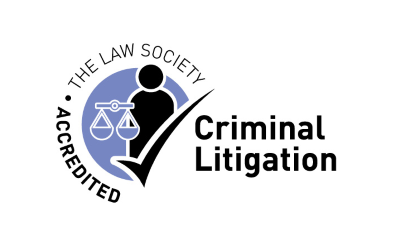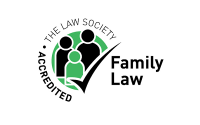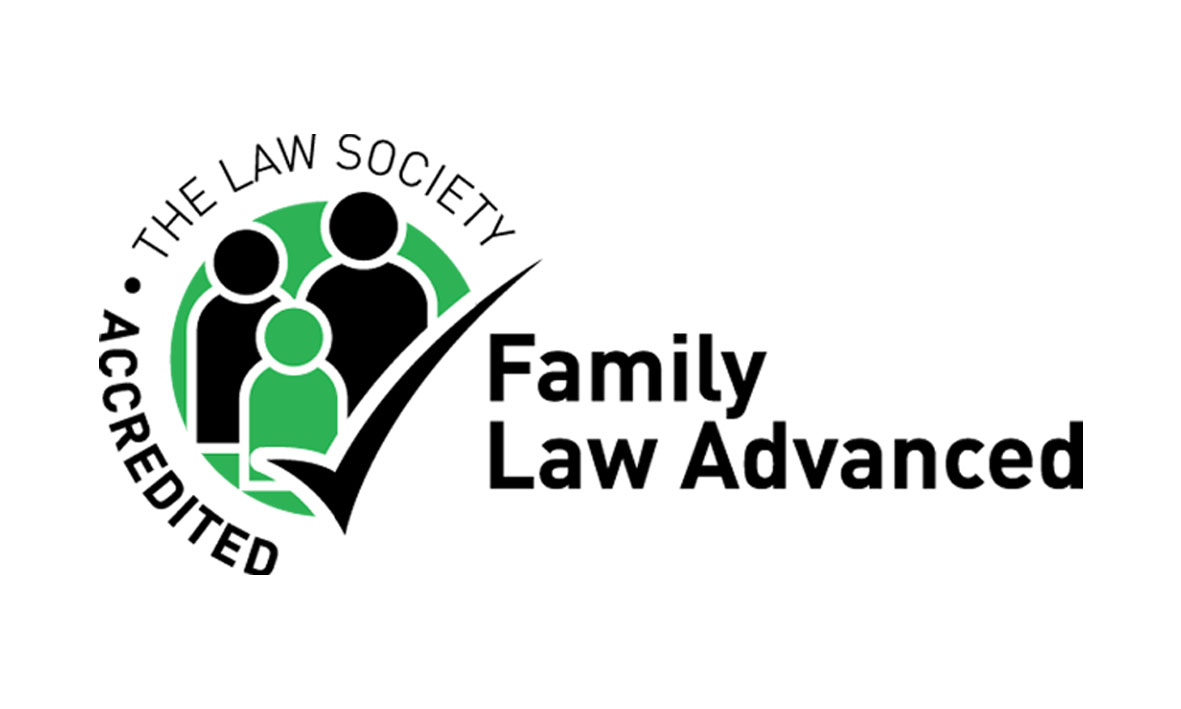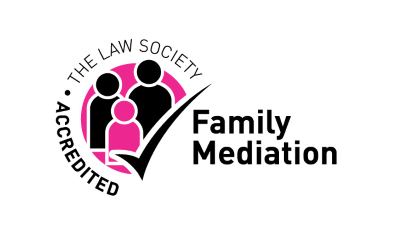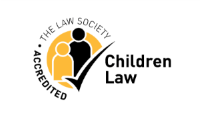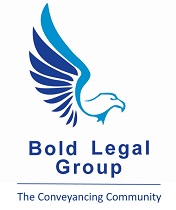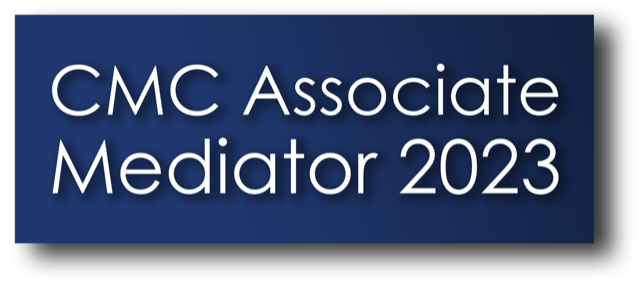We have specialists in many areas of legal practice. Make an enquiry today: 0330 333 2613
What To Do When Someone Dies

A bereavement can leave you feeling overwhelmed. The loss of a loved one is always a very emotional time. We understand that it will be a difficult time for loved ones, and the deceased may or may not have made a Will.
Even when everything appears to be straightforward, it can come as a surprise as to the number of steps that need to be taken to handle the estate.
What to do straight away after a death
When someone passes away there are many arrangements that will have to be made which can seem overwhelming. Some arrangements can wait until the weeks following a death, however, there are some arrangements to be considered straight after a death:
Get a medical certificate: It is advised to get the medical certificate as soon as possible following a death, unless there’s a coroner’s inquest where the certificate will be issued afterwards.
If the person died in hospital, the hospital will give the certificate to you, however if the person died at home, you should call their GP.
Register the death: Within 5 days of the death it is vital you register the death at your nearest Register Office. To register the death, you must have the following information about the person who died:
- The medical certificate with the cause of death
- Full name, including any previous names – such as maiden name
- Date and place of birth
- Last address
- Occupation
- Full name, date of birth, and occupation of their surviving/late spouse or civil partner if they were married.
Begin arranging the funeral: Once the death has been registered, you can now begin making funeral arrangements. Many people choose to work with funeral directors to ease the pressure of organising, however it is possible to arrange a funeral yourself.
What to do in the weeks following a death
Once the above has been arranged there will be various organisations that will need to be informed about the death, including:
Notify landlord, employers and other organisations: In the weeks following a death it is important to contact any relevant companies to inform them about the deceased, such as:
- Employers
- Housing associations or council housing offices
- Landlords
- Mortgage providers
- Utility providers
Inform government departments: You will need to inform the appropriate government departments about a death, this may include:
- Department for Work and Pensions (DWP) – to stop their pension and any benefits
- DVLA – in order to cancel the person’s driving licence, car tax and any car registration documents
- HMRC – for tax purposes
- Passport office – in order to cancel their passport
- Their local council – for their Council Tax, electoral register and any other housing benefits
Return documents, such as passport and driving licence: You will also need to return the person’s driving licence to the Driver and Vehicle Licensing Agency (DVLA), and their passport to the Passport Office.
Inform any insurers and creditors: It is advised that shortly after receiving the death certificate, or within a month of the death that you contact any insurers or creditors.
You should consider contacting the insurance company, bank or building society, credit card companies, utility companies, pension provider and any other companies that owed money to the person who died or were owed money by them.
How we can help
Our experienced team of probate and estate administration solicitors can provide the help you require at this difficult time.
Whether you have been appointed as an executor in a Will or whether a family member or friend has passed away without a Will, we’re on hand to assist. Our team members all have experience in handling estates in a sensitive and timely manner.
Location
Our Solicitors are able to provide expert advice across the country with a network of offices based in: Chesterfield, Nottingham, Mansfield, and Derby.
How to get in contact
Our team are on hand to help you and can assist wherever you are based. Please call us on 0330 333 2613 for a no-obligation, initial discussion or email enquiries@elliotmather.co.uk and we will call or email you back.

Jonathan Barber
LLP Member and Head of DepartmentJonathan gained his Law Degree at the University of Nottingham before completing his professional training at The College of Law in York. He has been with Elliot Mather LLP since 1990 and heads the Wills and Probate department.


Elliot Mather LLP maintains professional indemnity insurance in accordance with the rules of the Solicitors Regulation Authority. Details of the insurers and the territorial coverage of the policy are available for inspection at our offices.
Registered Office: St. Mary's Court, St. Mary's Gate, Chesterfield, Derbyshire, England, S41 7TD
VAT Number: 126 3019 03
Regulatory Notice: Elliot Mather LLP is a limited liability partnership. Partnership number OC321320.
Authorised and regulated by The Solicitors' Regulation Authority. To view code of conduct visit www.sra.org.uk/code-of-conduct.page

